- HOME
- ALL ARTICLES
- Notice of Completion / Certificate of Completion
What is the Certificate of Completion or Notice of Completion for Construction Projects
By Diane Dennis
The California notice of completion, also sometimes referred to as the California certificate of completion, is a construction form document that is filed/recorded with the county where the project is located, when the construction project (or a portion of the project) is complete; it becomes a public record meaning contractors (and anyone else) are able to view the document.
If only a portion of the project is complete, say there are two different direct contractors with each doing a completely different portion of the improvement, the property owner is allowed to file a notice of completion for just that portion that's complete.
This document is typically filed by the property owner but there are circumstances where contractors will file the document themselves - for example if the lender requires it.
The Certificate of Completion for Construction Limits the Contractor's Time To File a Mechanic's Lien
When a Contractor (Subs and Directs) completes a construction project he has up to 90 days from the day the project is completed to file/record a mechanic's lien should he not get paid.
But those timeframes are reduced by as much as two-thirds when a certificate of completion is properly recorded and served.
When that happens, the subcontractor has 30 days to file a mechanic's lien from the date the certificate of completion was recorded (Cal. Civil Code 8414) while a direct contractor will have only 60 days (Cal. Civil Code 8412).
The Owner Has Requirements To Follow For The Notice To Be Valid
The certificate of completion is not normally a required document (by the government) but if the property owner chooses to record one, the government does have requirements that must be followed. If the requirements are not followed then the notice is not a valid document and the contractor's timeframe for filing a mechanic's lien is not reduced.
1) The Property Owner Must Include Certain Information In The Certificate Of Completion for Construction
There's a list of items that the Property Owner is required to include in his Certificate of Completion.
First there's the required information listed in California Civil Code 8102:
(a) Notice under this part shall, in addition to any other information required by statute for that type of notice, include all of the following information to the extent known to the person giving the notice:
(1) The name and address of the owner or reputed owner.
(2) The name and address of the direct contractor.
(3) The name and address of the construction lender, if any.
(4) A description of the site sufficient for identification, including the street address of the site, if any. If a sufficient legal description of the site is given, the effectiveness of the notice is not affected by the fact that the street address is erroneous or is omitted.
(5) The name, address, and relationship to the parties of the person giving the notice.
(6) If the person giving the notice is a claimant:
(A) A general statement of the work provided.
(B) The name of the person to or for whom the work is provided.
(C) A statement or estimate of the claimant’s demand, if any, after deducting all just credits and offsets.
(b) Notice is not invalid by reason of any variance from the requirements of this section if the notice is sufficient to substantially inform the person given notice of the information required by this section and other information required in the notice.
Then there's the required information listed in California Civil Code 8182:
(a) An owner may record a notice of completion on or within 15 days after the date of completion of a work of improvement.
(b) The notice of completion shall be signed and verified by the owner.
(c) The notice shall comply with the requirements of Chapter 2 (commencing with Section 8100) of Title 1, and shall also include all of the following information:
(1) If the notice is given only of completion of a contract for a particular portion of the work of improvement as provided in Section 8186, the name of the direct contractor under that contract and a general statement of the work provided pursuant to the contract.
(2) If signed by the owner’s successor in interest, the name and address of the successor’s transferor.
(3) The nature of the interest or estate of the owner.
(4) The date of completion. An erroneous statement of the date of completion does not affect the effectiveness of the notice if the true date of completion is 15 days or less before the date of recordation of the notice.
(d) A notice of completion that does not comply with the provisions of this section is not effective.
(e) For the purpose of this section, “owner” means the owner who causes a building, improvement, or structure to be constructed, altered, or repaired, or that person’s successor in interest at the date a notice of completion is recorded, whether the interest or estate of the owner be in fee, as vendee under a contract of purchase, as lessee, or other interest or estate less than the fee. Where the interest or estate is held by two or more persons as joint tenants or tenants in common, any one or more of the cotenants may be deemed to be the “owner” within the meaning of this section.
Note that while 8102(b) allows for the owner to make mistakes in the information required by 8102 without invalidating his certification of completion, the opposite is true for the info required by 8182. Per 8182(d) if the owner's notice doesn't comply with the 8182 requirements then his notice is invalidated (which means your time to file a lien is not shortened).
2) The property owner has fifteen days from the date of completion of the project to file the document with the county recorder's office
If the owner files the certificate for completion within the 15-day time frame then the length of time allowed for the Contractors to file a lien is reduced, as mentioned above, from 90 days to 60 days for Direct Contractors and from 90 days to 30 days for Subcontractors.
If the owner goes past the fifteen days without having recorded the notice then it won't be accepted and your timeframe allowed to file a lien is not reduced (California Civil Code 8182).
3) The property owner must serve you with a copy of the certificate of completion within 10 days of the date that he recorded the document
There are several parties that the property owner is required to notify [that he recorded the completion certificate]:
If you are required to do a preliminary lien notice but you didn't, you won't receive a copy of the certificate of completion.
8190. (a) An owner that records a notice of completion or cessation shall, within 10 days of the date the notice of completion or cessation is filed for record, give a copy of the notice to all of the following persons:
(1) A direct contractor
(2) A claimant that has given the owner preliminary notice
(b) The copy of the notice shall be given in compliance with the requirements of Chapter 2 (commencing with Section 8100) of Title 1
(c) If the owner fails to give notice to a person as required by subdivision (a), the notice is ineffective to shorten the time within which that person may record a claim of lien under Sections 8412 and 8414. The ineffectiveness of the notice is the sole liability of the owner for failure to give notice to a person under subdivision (a)
(d) For the purpose of this section, “owner” means a person who has an interest in real property, or the person’s successor in interest on the date a notice of completion or notice of cessation is recorded, who causes a building, improvement, or structure, to be constructed, altered, or repaired on the property. If the property is owned by two or more persons as joint tenants or tenants in common, any one or more of the cotenants may be deemed to be the “owner” within the meaning of this section. However, this section does not apply to any of the following owners:
(1) A person that occupies the real property as a personal residence, if the dwelling contains four or fewer residential units
(2) A person that has a security interest in the property
(3) A person that obtains an interest in the property pursuant to a transfer described in subdivision (b), (c), or (d) of Section 1102.2
If you are a Subcontractor (or a supplier without a direct contract) then per (a)(2) above you MUST have timely served the owner with a preliminary lien notice in order for him to serve you a copy of that completion certificate.
Provided you did your preliminary lien notice on the project when you were supposed to (if you're required to), the property owner is required to notify you that he has recorded a certificate of completion on the project.
The owner has three options for getting the certificate of completion to you (California Civil Code 8106):
(a) Personal delivery
(b) Registered or certified mail (w/ return receipt), express mail, or overnight delivery by an express service carrier
(c) Leaving the notice and mailing a copy in the manner provided in Section 415.20 of the Code of Civil Procedure for service of summons and complaint in a civil action.
If the property owner doesn't/didn't follow the requirements for the certificate of completion (including the proper method and timeframe for getting the notice to you) then your timeframe for filing a mechanic's lien will not be reduced.
Please check the laws for the state that your project is located in. The above information is a summary based mostly on California's laws. Your state may follow the same procedures but more than likely there are other/additional requirements. Please do not rely on the above as the be-all and end-all for notice of completion/certificate of completion requirements.
Here's a link to obtain a --> California notice of completion for your project and
click here for a --> selection of certificate of completion forms from my partner!
Back to the top of this page: Certificate of Completion for Construction Projects
Back to home page: Construction Project Management

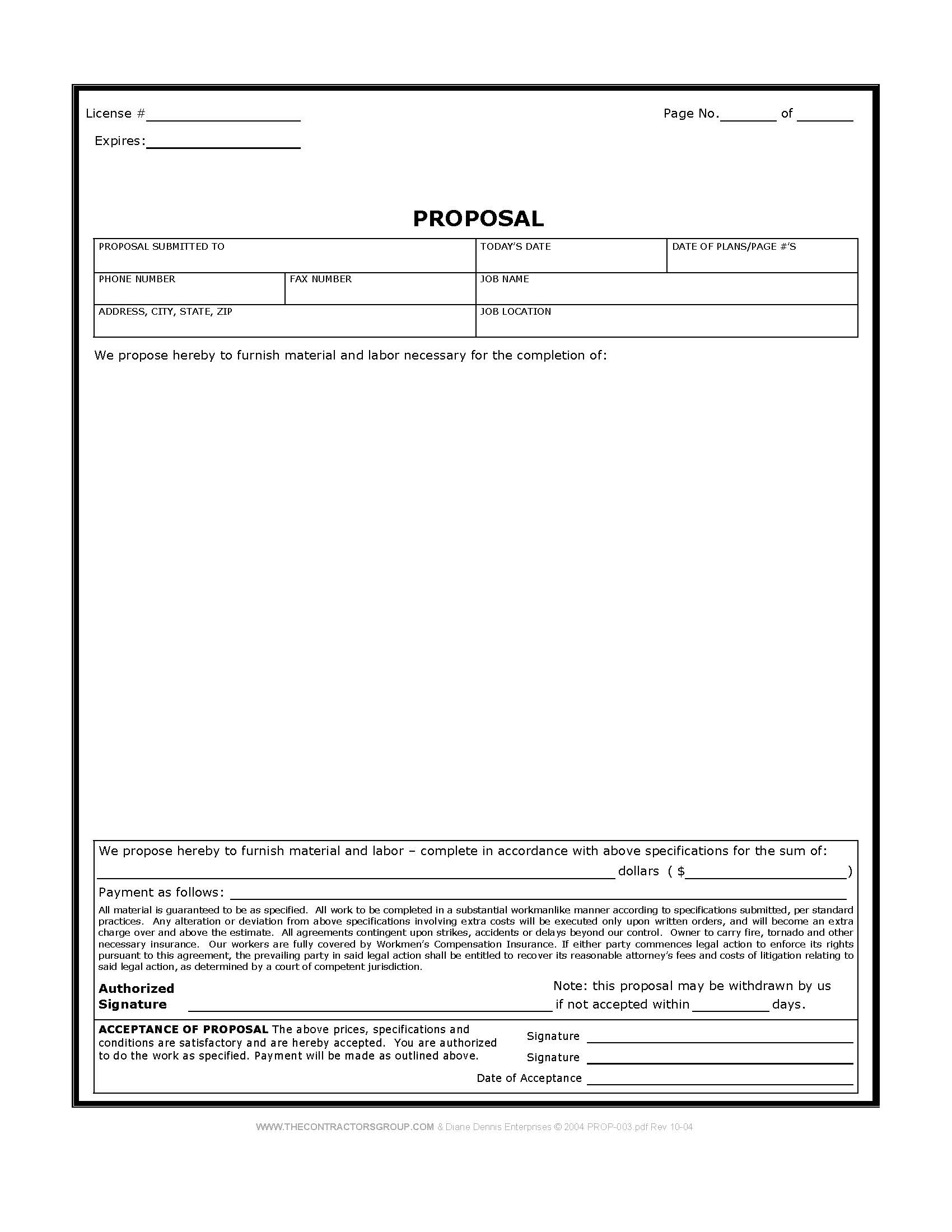
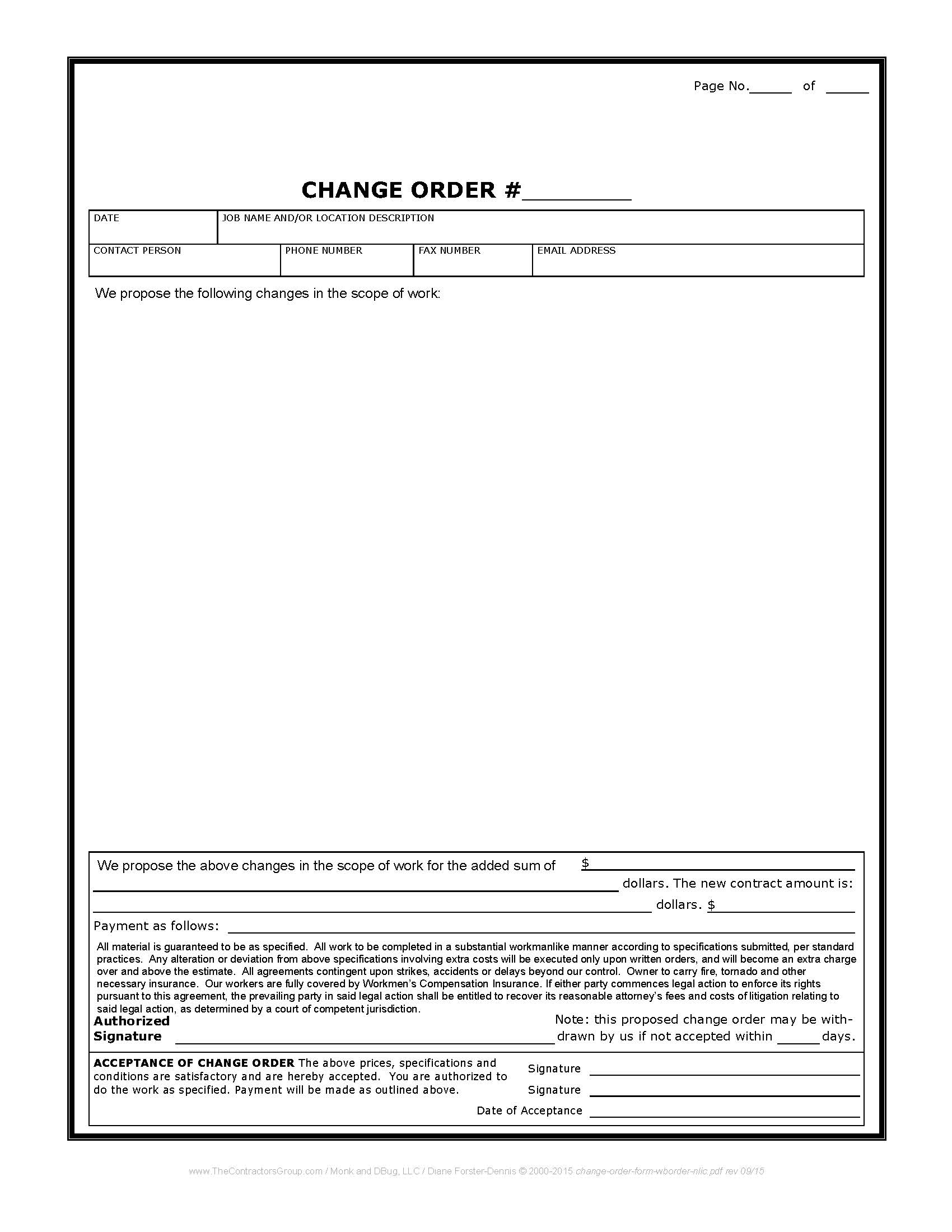

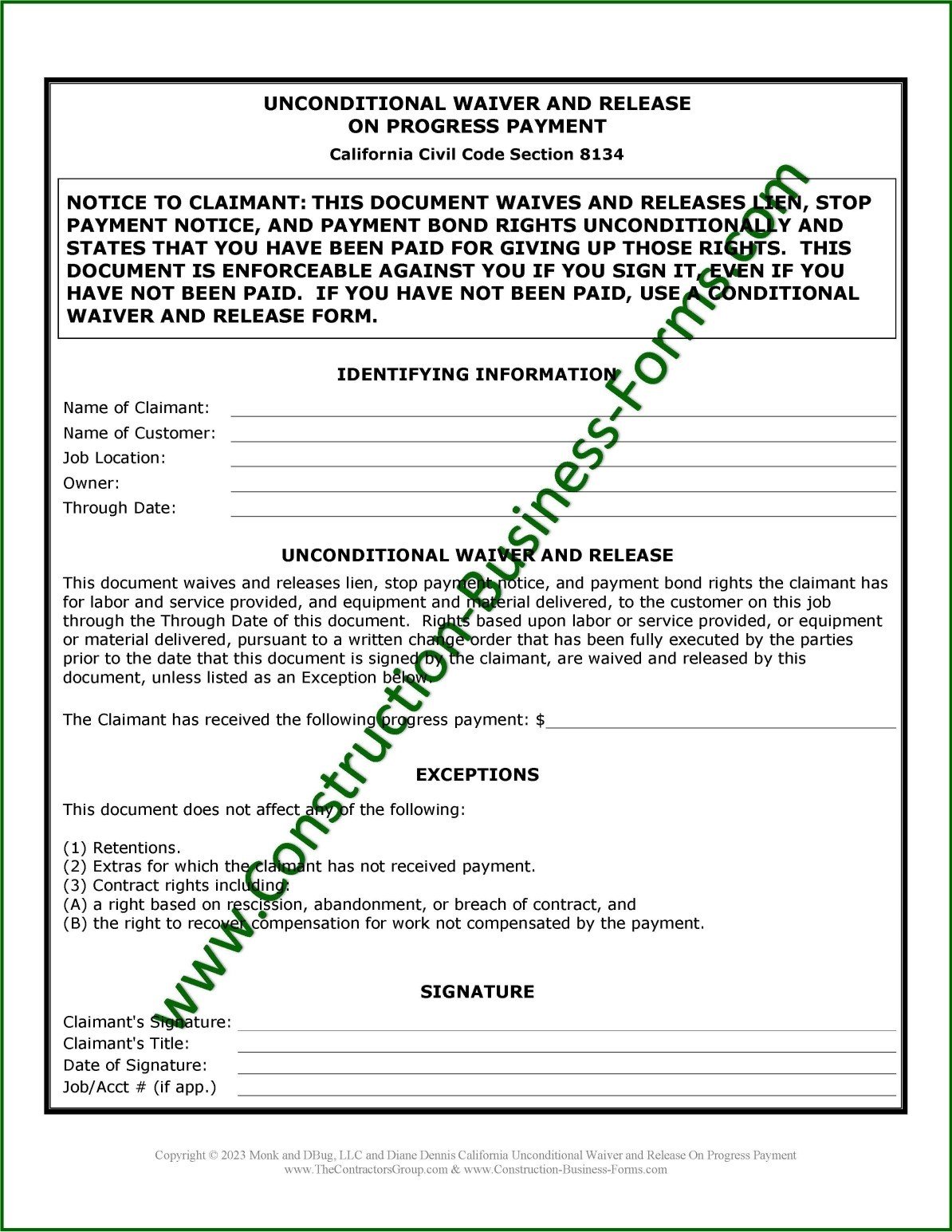
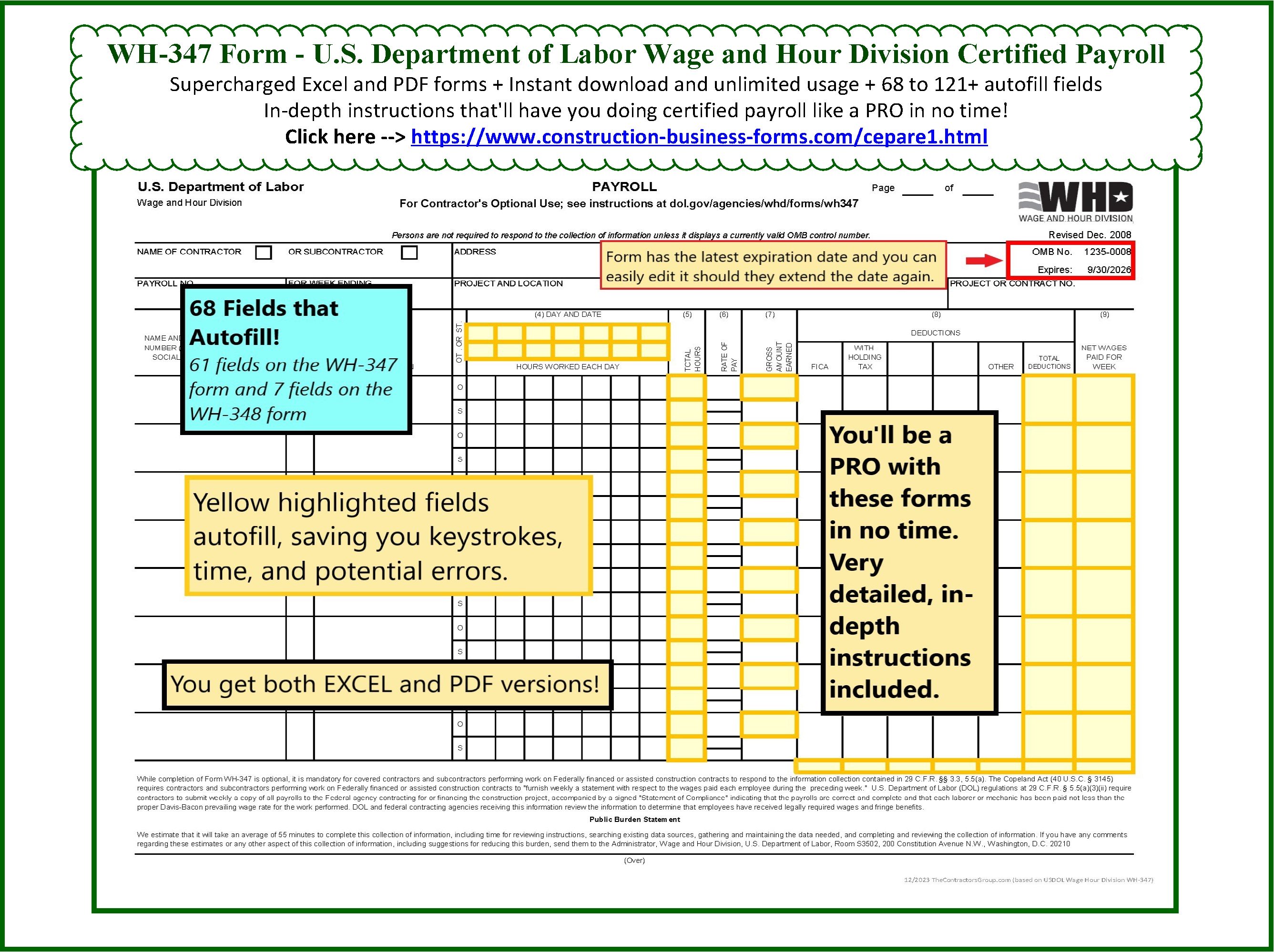
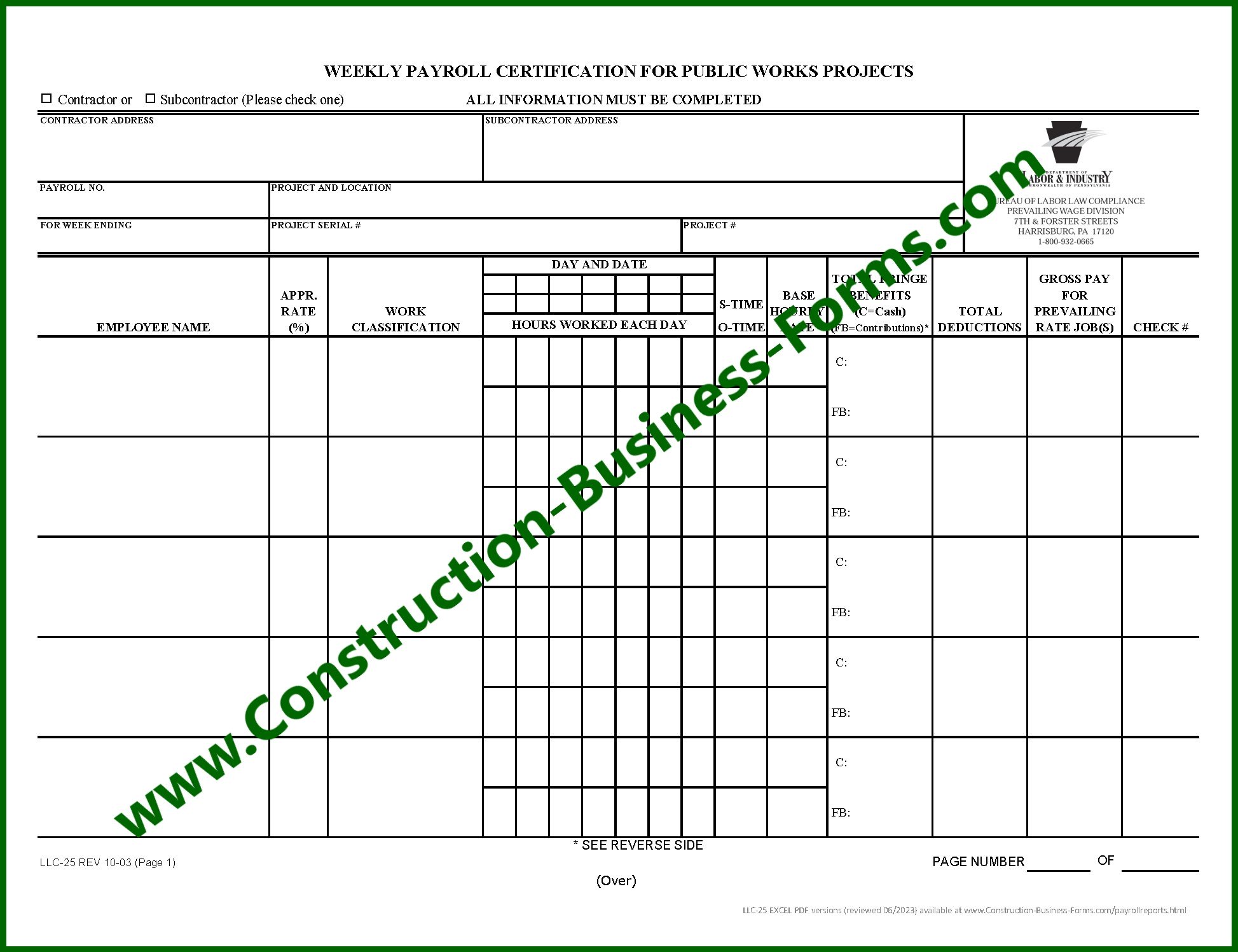

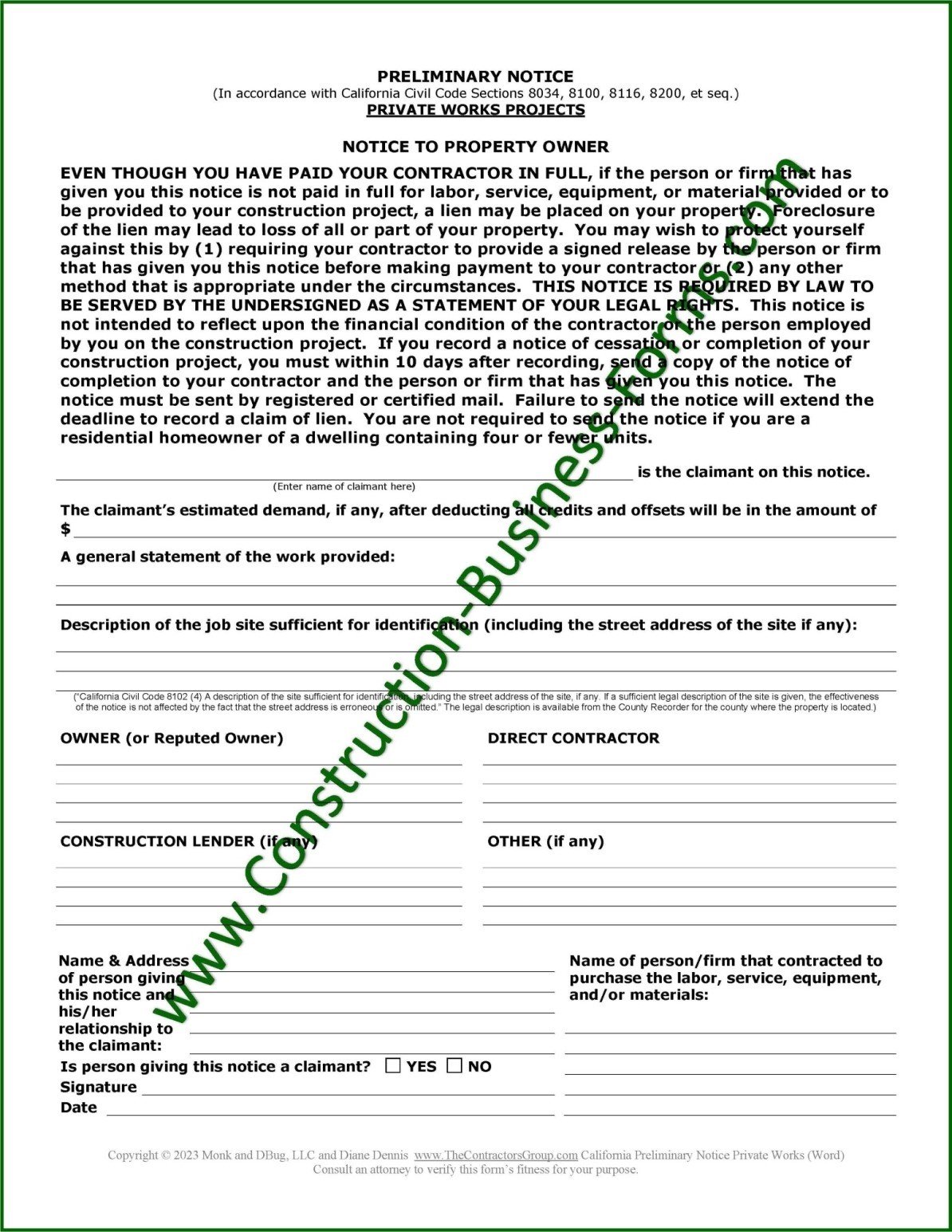



New! Comments
Please leave me your comments below. Facebook doesn't notify me of comments but I'm tickled when I come across them and I always respond when I see them.